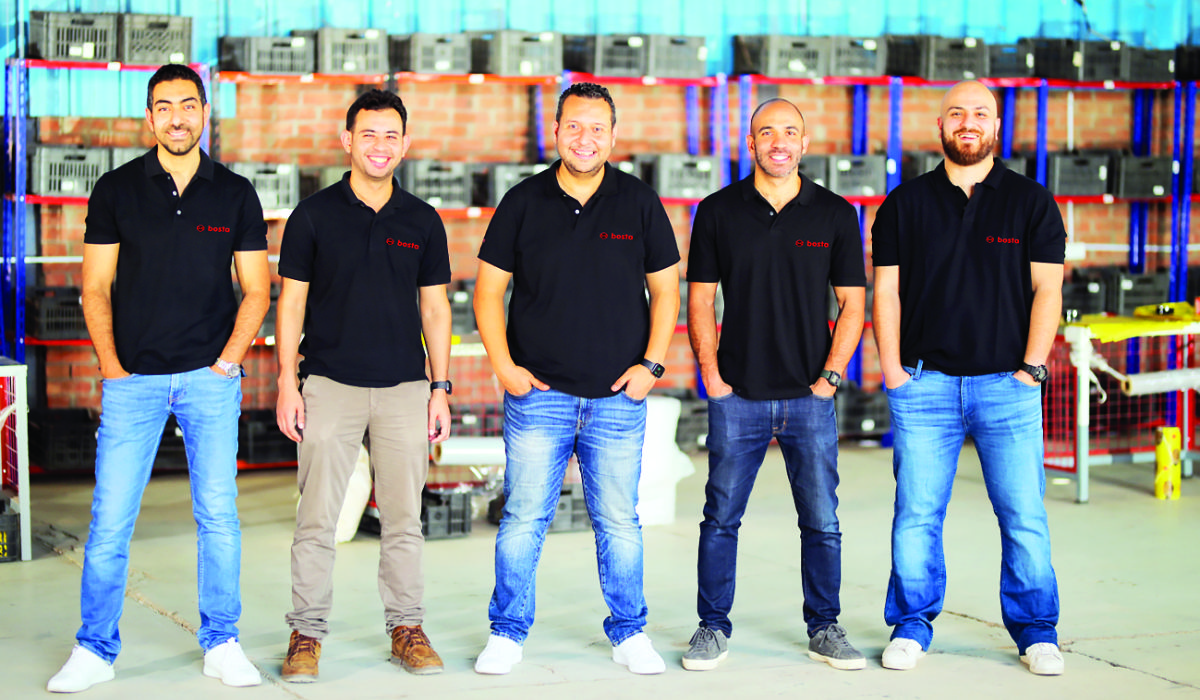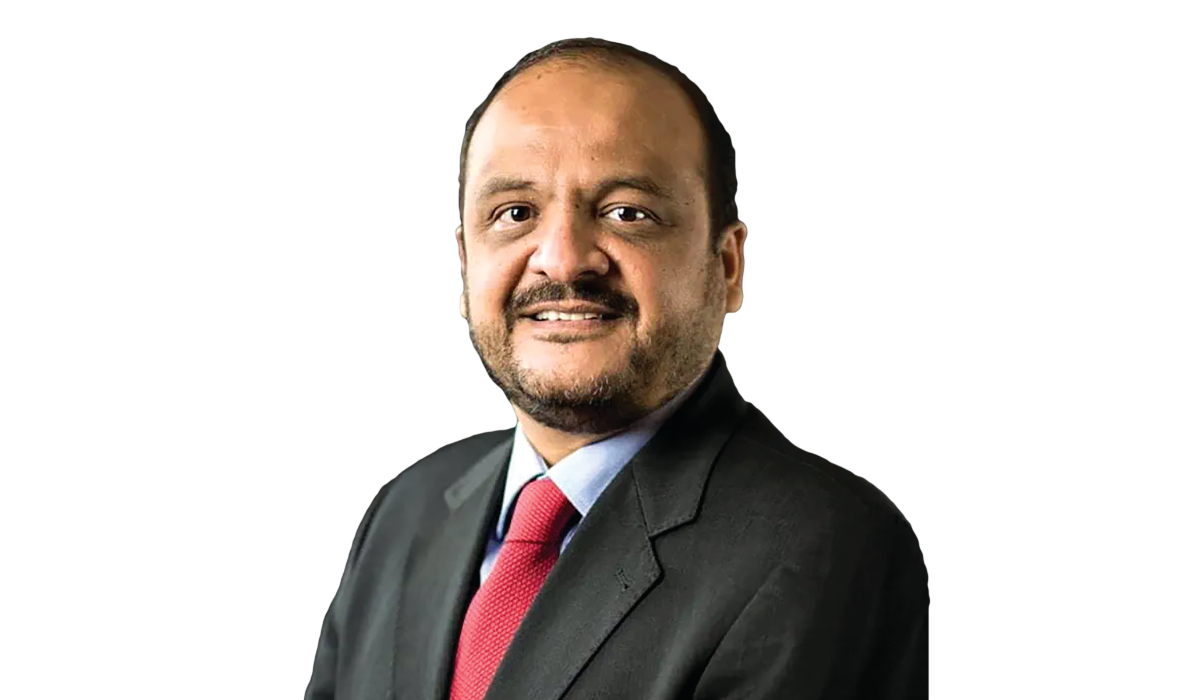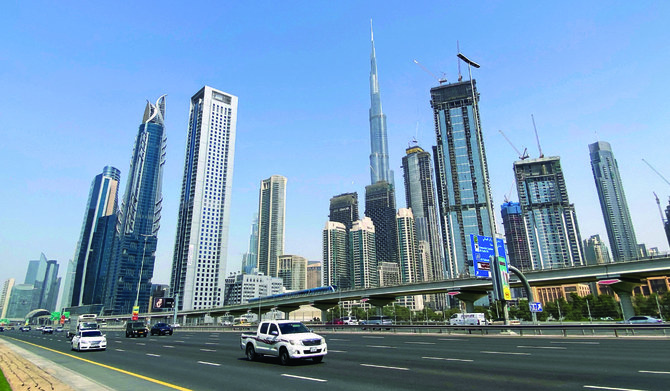CAIRO: The startup scene in the Middle East and North Africa experienced a flurry of activity this week, with various firms securing funding, engaging in cross-border acquisitions, and acquiring strategic licenses.
In funding news, Silkhaus, a property tech startup based in the UAE, closed a pre-Series A funding round aimed at fueling its expansion into the Saudi market.
Although the exact figure was not disclosed, a press release confirmed that the company raised a multi-million-dollar investment from US-based Partners for Growth.

Established in 2017 by Mohamed Ezzat and Ahmed Gaber, Bosta provides delivery solutions, encompassing first, middle, and last-mile delivery. (Supplied)
Founded in 2021 by Aahan Bhojani and Ashmin Varma, Silkhaus seeks to bring a unique approach to the short-term rental space, aiming to transform it into a real estate asset class and an accommodation experience across emerging markets.
The company has set out significant plans to enter the Saudi market with the establishment of a local office and the appointment of Sabine El-Najjar as founding general manager last year.
“Our primary goal is to ensure properties operated as short-term rentals generate the highest possible returns in a rapidly expanding market while removing the obstacles associated with long-term leases,” El-Najjar told Arab News in November.
El-Najjar explained that the increasing interest in short-term rental models coupled with the Saudi Ministry of Tourism’s push towards private accommodation for travelers underpin the fast-growing sector.

Ahmad Al-Khowaiter, Aramco’s executive vice president of technology and innovation
“If you look at Saudi Arabia, there’s a constant influx of visitors throughout the year, whether for business, sport or the large number of leisure events being held here,” she added.
Moreover, El-Najjar stated that Silkhaus is set to have a positive impact on other verticals in the hospitality sector like food and beverage, facility management, and personal services.
UAE’s travel tech startup Tumodo raises $35m pre-seed round
UAE-based travel tech platform Tumodo successfully raised $35 million in a pre-seed funding round co-led by MENA-focused angel investors.
Founded in 2023, Tumodo is an online business travel platform designed to streamline the process of booking business trips, offering an average saving of 35 percent on travel expenses for businesses.
By injecting an additional $4 billion in funding over the next four years, we intend to provide the financial backing required to take game-changing solutions to the next level.
Ahmad Al-Khowaiter, Aramco’s executive vice president of technology and innovation
The newly acquired funds are set to propel Tumodo’s growth in the UAE market, with a focus on investing in product development and exploring new partnership opportunities within the MENA region.
Tumodo has set plans to expand its platform to 25 additional countries by 2026, aiming to broaden its global footprint in the business travel sector.
Singapore venture fund Adaverse expands to Saudi Arabia with an investment in Takadao
Adaverse, a web3 and blockchain venture fund and ecosystem builder, has expanded its operations to Saudi Arabia, marking its entry with an investment in Takadao, a Shariah-compliant fintech that focuses on ethical and community-driven solutions.
Boasting over 60 investments across 13 countries, Adaverse is an initiative of Cardano, which ranks as the 8th largest cryptocurrency globally.
With a substantial footprint in Asia, Africa, the US, and now the Middle East, Adaverse strengthens its presence through a new office in Riyadh.
The firm has committed to investing $10 million in leading web3 startups in 2024, further cementing its commitment to the region’s burgeoning tech landscape.
Egyptian logistics startup Bosta secures investment from Axian Group
Egyptian logistics startup Bosta has secured an undisclosed amount of investment from Axian Group.
Established in 2017 by Mohamed Ezzat and Ahmed Gaber, Bosta provides delivery solutions, encompassing first, middle, and last-mile delivery.

Our primary goal is to ensure properties operated as short-term rentals generate the highest possible returns in a rapidly expanding market, says Sabine El-Najjar, Founding GM of Silkhaus
This latest investment is expected to bolster Bosta’s growth and enhance its delivery and logistics services in the region.
In 2022, Bosta expanded its operations to Saudi Arabia, following the completion of a pre-series B funding round.
This round, which also remained undisclosed, was led by Khwarizmi Ventures and Hassan Allam Holding, along with other investors.
Qatar’s Droobi and India’s Smit.fit merge to create DroobiSmit
Qatar’s Droobi Health and India’s digital healthcare provider Smit.fit have merged to create DroobiSmit, with plans to relocate their headquarters to Singapore.
Droobi Health, founded in 2017 by Abdulla Al-Misnad, specializes in assisting individuals with chronic conditions in adopting healthier lifestyles.
Smit.fit, established in 2020 by Sujit Chakrabarty, offers an app-based solution for managing metabolic health conditions through diet and fitness training.
This strategic merger is poised to establish DroobiSmit as a leading digital healthcare provider for chronic health conditions in both the Middle East and South Asia regions.
To date, DroobiSmit has secured approximately $5 million in investment, receiving support from several entities, including QSTP, QDB, Barzan Holding, Doha Tech Angels, and MVP.
Paymob receives license from Oman’s central bank
Paymob, a prominent financial services enabler operating in the Middle East, North Africa, and Pakistan, has been granted the Payment Service Provider license by the Central Bank of Oman.
This PSP license empowers Paymob to facilitate both online and in-store payments in the country. The company will leverage its local integration with OmanNet, CBO’s secure payment infrastructure, to ensure efficient transaction processing.
This achievement marks a significant step for Paymob, as it now enables merchants in Oman to accept both local and international payments through Paymob’s gateway.
Saudi Aramco allocates $4bn to its global venture capital program
Saudi Arabia’s startup funding ecosystem is set to receive a boost after Aramco allocated $4 billion to its global venture capital arm.
This financing more than doubles the capital previously allotted to Aramco Ventures, raising its total investment allocation from $3 billion to $7 billion.
The move is set to elevate the energy giant’s overall venture capital commitment to $7.5 billion, which also encompasses the existing $500 million fund, Wa’ed Ventures, dedicated to nurturing the startup ecosystem within the Kingdom, according to a press note.
“By injecting an additional $4 billion in funding over the next four years, we intend to provide the financial backing required to take game-changing solutions to the next level. This will provide crucial impetus to businesses at various stages of development around the world while also contributing to Aramco’s own long-term objectives,” Ahmad Al-Khowaiter, Aramco’s executive vice president of technology and innovation, said.
The firm’s decision to bolster its venture capital program is part of the growing importance of fostering disruptive technologies, diversifying opportunities, and collaborating with innovative startups.
This initiative aligns with Aramco’s long-term strategy, which emphasizes new energy solutions, chemicals, and transitional materials, as well as diversified industrial ventures, and digital technologies.



















